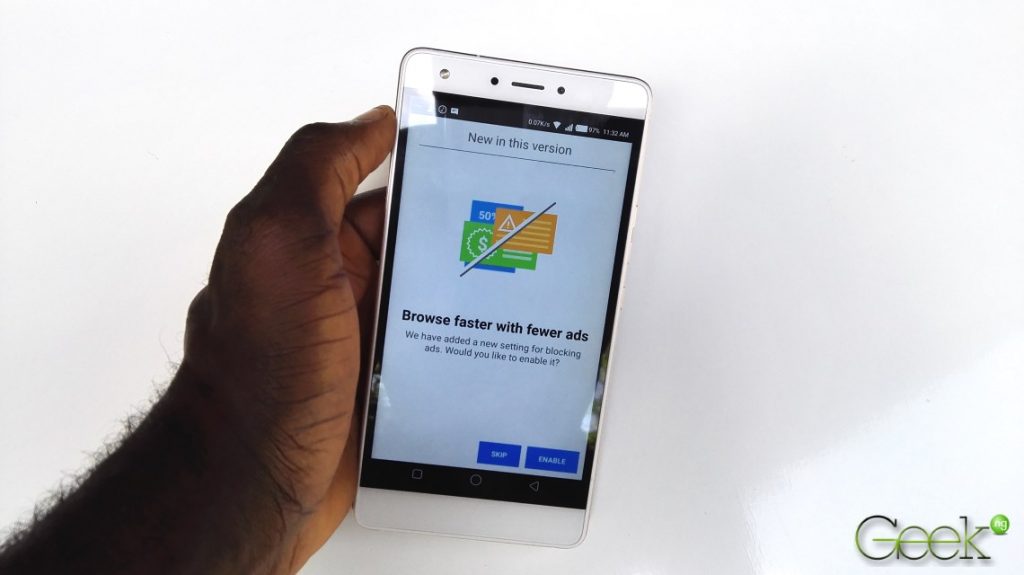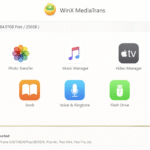Unless you’ve blocked ads with a browser extension or through your browser settings, the greater percentage of sites you visit on the Internet have pages plastered with all sorts of ads. This blog you’re reading right now is one of them. Large tech companies like Facebook, Microsoft and even Facebook even have their own ad services and there’s no hiding from those banners.
It’s true that some of these ads mess up your browsing experience and even slow down page load time. Ad blockers are like saviors that remove these annoying ads and give you clean-looking web pages. The percentage of users blocking ads is on the rise and this will continue.
The sad truth about ads
According to a publication on AdBlock official website:
The unfortunate truth is that advertising is pretty much the only way to pay for content on the web right now. It’s like ads in print newspapers and magazines. Ads and subscription revenue pay for the staff that creates the content, the paper it’s printed on, the trucks that deliver it, and so on. There are direct parallels with web content (content creators, servers, data storage and backup, and Internet access). Unlike print media, by far most users don’t want to pay (through subscriptions or in other ways) for the web content they now get for free.
This is one of the apostles of ad-blocking making a valid statement and this pretty much summarizes everything. The only way some sites get to stay online, pay staff writers, settle hosting bills and keep the company running is through advertising revenues. Contents on the internet don’t just magically appear, it’s the hard work of certain people who get paid through these “annoying” display ads.
Using an ad-blocker is simply a way of cutting these sites’ revenue and pushing them towards bankruptcy.
Opera’s insincere ad-blocking
In a country where the majority of internet users are on mobile, ad blocking on the most popular mobile browser will definitely send a ripple effect across the board. This is exactly what Opera did last year.

According to StatCounter, over 72% of Nigerian mobile internet users use Opera Mini, a browser that now has a native ad-blocker. While this came as good news for some, a lot of web publishers saw a problem– a drop in impressions, low CPM and extremely low CPC.
Opera Mini is a browser heavily supported by ads. You open the browser and you’re greeted by ads.

It’s glaring that Opera is only a company trying to score cheap popularity by following the trend. I mean, why would an ad-supported browser block ads from other sites, leaving its users to see only its own ads within the app?
If this isn’t hypocrisy, I don’t know what else it is.











